Eternal recurrence
Sinfonieorchester Basel
4 and 5 November 2020
Eric Nielsen, Conductor
(Original Program - Concert was canceled due to Covid-19)
Richard Strauss - Zarathustra
Bohuslav Martinů - Concert for two pianos and orchestra
Maurice Ravel - Boléro
Repetition is a common feature of almost any type of music. The bass line, for example, is often no more than the continuous reiteration of a short rhythm, a foundation over which the composer can build melodies or the instrumentalist can display her improvisational skills. Melodic themes also return, sometimes identically, sometimes in an adjusted form. Repetition is used too to give a sense of unity to a composition. It is an art to use it in such a way that it sparks the joy of recognition and avoids monotony, fatigue and indifference.
In the Boléro Ravel explores repetition in one of its most extreme forms. The snare drum lays out a simple four-bar rhythm that is repeated throughout the piece. Against this backdrop the orchestra joins in, one instrument at a time, continuously playing two melodies.
In the hands of a lesser composer, this recipe could have resulted in a tedious, lifeless work, but by changing the texture of the sound of the orchestra with each addition of a new instrument and by gradually building up a crescendo that overarches the entire piece, Ravel succeeded in creating an fantastically exciting work with hypnotic power. It is not only his best-known composition, but also a mainstay of the repertoire for symphony orchestra and a fixture in the canon of classical music.
This month’s concert begins with Richard Strauss’s Also sprach Zarathustra (Thus spoke Zarathustra), a tone poem loosely based on Friedrich Nietzsche’s eponymous philosophical novel. One of the main ideas the author explores is that of the eternal recurrence of things. By accepting the fact that life is no more than an endless repetition of events, happy and sad, a human being can take a step in the development towards becoming an Übermensch (superhuman). The composition fittingly opens with possibly the most repetitious of all events, the sunrise. The powerful five-note opening theme, which you will certainly recognise, if not from hearing Strauss’s composition before, then from Stanley Kubrick’s movie 2001: A Space Odyssey, returns itself in several places, among others in the celli at the onset of the sixth section after roughly twelve minutes. In the final bars of the composition the lower strings pluck the famous theme for the last time.
Squeezed in between these two icons of classical music is the somewhat forgotten, but no less thrilling concerto for two pianos and orchestra by the Czech composer Bohuslav Martinů. Just as Ravel reinterprets an old Spanish dance form for his Boléro, Martinů reuses old Bohemian and Moravian folk tunes. The concerto is in certain places reminiscent of the music by Martinů’s contemporary Prokofiev. The latter composed five piano concertos, but none for two pianos. Listening to the virtuoso first and third movements and the more lyrical middle one, you can only dream of what Prokofiev would have produced had he done so.
The concerto is performed by the young, but yet highly acclaimed brothers Lucas and Arthur Jussen. How exceptional for a family to be blessed with two remarkably talented sons. Or is this another incidence of (eternal) recurrence?
These English program notes have been published in the magazine (No. 2, 2020/2021) of the Sinfonieorchester Basel.

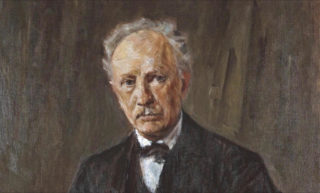
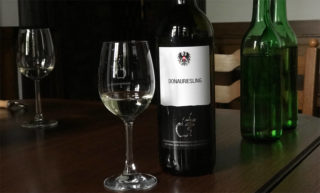
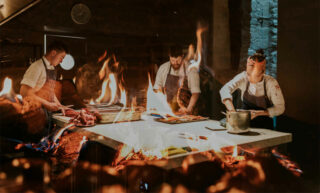
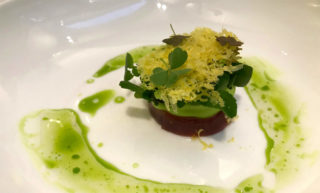
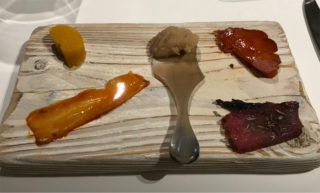
Comments